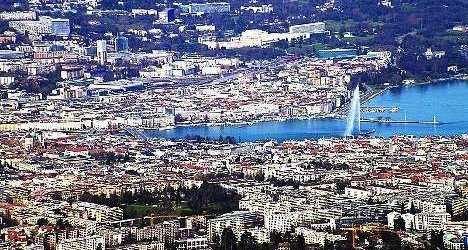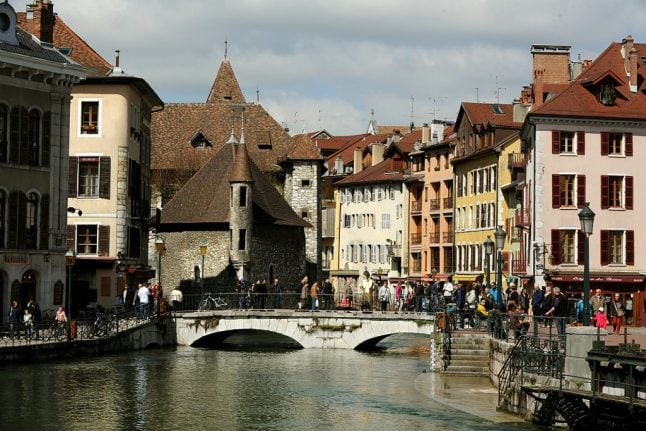The figures, dating from 2010, show 109,000 people working in the country’s westernmost canton lived elsewhere, the cantonal statistics office said in a report.
That's 36 percent of the total workforce of 299,000.
The report underscores the housing crisis faced in Geneva, where newcomers employed in the canton face difficulties renting or buying a home because of the low vacancy rates and high prices.
It shows that 80,000 workers from outside the canton resided in a region of France, either Ain or Haute Savoie, where housing and other costs are generally lower.
The number of commuters from elsewhere in Switzerland totalled 28,900, with 22,800 living in the canton of Vaud and almost half (13,300) from the district of Nyon.
Virtually half of the 20,700 civil servants working in Geneva’s international sector (including the United Nations and its related organizations) lived outside the canton, the report said.
Of those living outside Geneva, 8,800 were in France and 1,500 in another Swiss canton.
The report estimated the number of Swiss “frontaliers”, working in Geneva but living outside Switzerland, at 16,500.
The statistics office noted that, based on the figures already available for 2012, the number of workers commuting from outside the canton has without doubt risen since 2010.
The number of international civil servants living in France increased in 2012 to 9,200, for example, while the total number of foreign frontaliers (with G permits) rose to 65,150 in the same year from 54,400 in 2010.





 Please whitelist us to continue reading.
Please whitelist us to continue reading.
Member comments